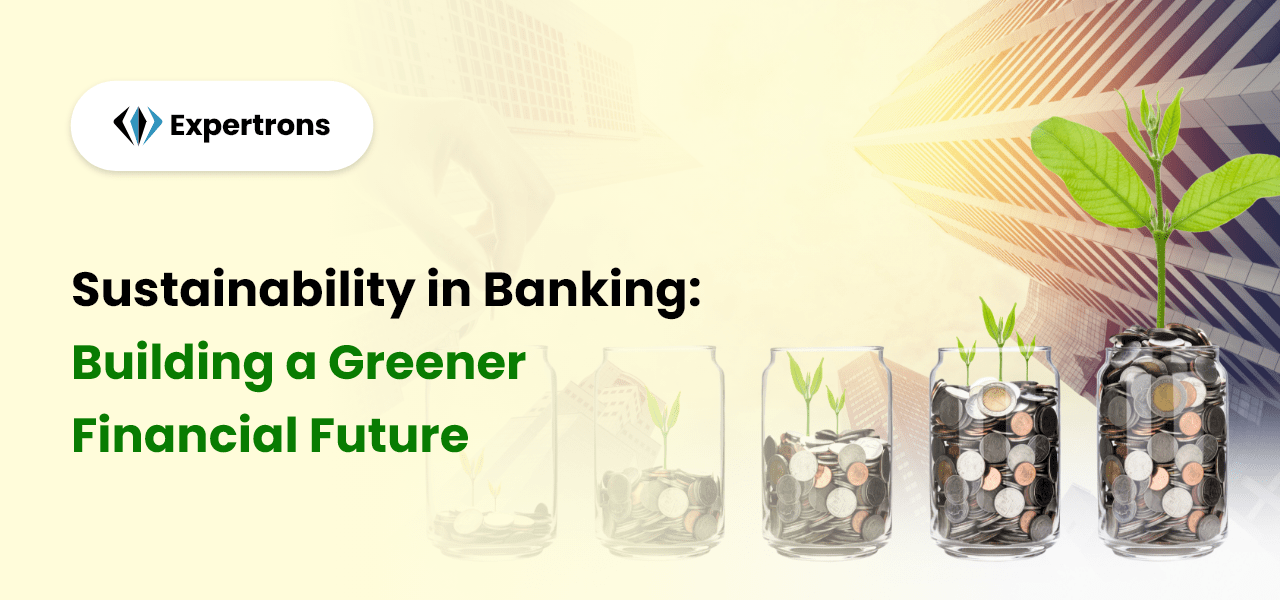Introduction
Sustainability has become a central focus for businesses across industries, including banking. In this blog, we’ll delve into the concept of sustainability in banking and examine how financial institutions are playing a pivotal role in building a greener future. From adopting eco-friendly practices to financing sustainable projects, banks are embracing sustainability as a core principle to drive positive environmental and social outcomes.
Understanding Sustainability in Banking
Sustainability in banking refers to the integration of environmental, social, and governance (ESG) criteria into banking operations, investment decisions, and lending practices. It encompasses efforts to minimize environmental impact, promote social responsibility, and uphold ethical governance standards while delivering financial services.
Key Drivers of Sustainability in Banking
Regulatory Pressure: Regulatory bodies are increasingly mandating banks to disclose their ESG practices and integrate sustainability considerations into their risk management frameworks.
Customer Demand: Consumers are becoming more socially and environmentally conscious, demanding sustainable banking products and services that align with their values.
Risk Mitigation: Banks recognize the financial risks associated with climate change, resource depletion, and social unrest, prompting them to adopt sustainable practices to mitigate these risks.
Competitive Advantage: Embracing sustainability can give banks a competitive edge by attracting socially responsible investors, enhancing brand reputation, and fostering long-term customer loyalty.
Initiatives Driving Sustainable Banking
Green Financing: Banks are increasingly financing renewable energy projects, green infrastructure development, and sustainable businesses to support the transition to a low-carbon economy.
ESG Integration: Banks are incorporating ESG factors into their investment analysis, credit risk assessments, and lending decisions to better identify and manage sustainability-related risks and opportunities.
Impact Investing: Banks are launching impact investment funds and products that seek to generate financial returns while delivering positive social and environmental impact.
Community Engagement: Banks are engaging with local communities to address social issues, promote financial literacy, and support sustainable development initiatives.
Challenges and Opportunities
While the momentum for sustainable banking is growing, challenges remain, including the need for standardized ESG reporting frameworks, data transparency, and regulatory alignment. However, these challenges also present opportunities for innovation, collaboration, and market leadership in driving sustainable finance solutions.
Also read, Demystifying Fintech: Exploring the Intersection of Finance and Technology
Conclusion
In conclusion, sustainability is no longer just a buzzword in banking but a strategic imperative for fostering long-term resilience and value creation. By integrating sustainability principles into their core business practices, banks can contribute to a greener, more inclusive, and prosperous future for all stakeholders.
Frequently Asked Questions
Sustainability in banking refers to the integration of environmental, social, and governance (ESG) criteria into banking operations, investment decisions, and lending practices.
Sustainability is important in banking to mitigate environmental and social risks, meet regulatory requirements, address customer demand for ethical banking products, and drive long-term value creation.
Examples include green financing, ESG integration, impact investing, and community engagement programs.
Banks can promote sustainability by adopting eco-friendly practices, reducing carbon emissions, supporting renewable energy projects, and promoting financial inclusion and social equity.
Challenges include regulatory complexity, data transparency issues, market fragmentation, and the need for standardized ESG reporting frameworks.











